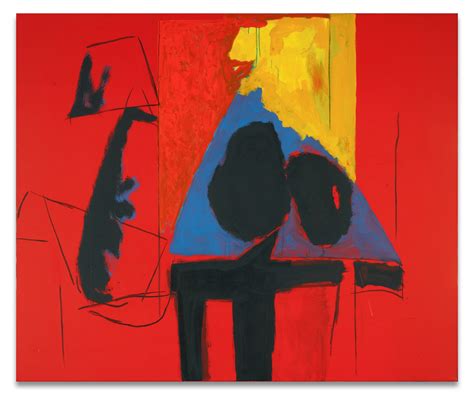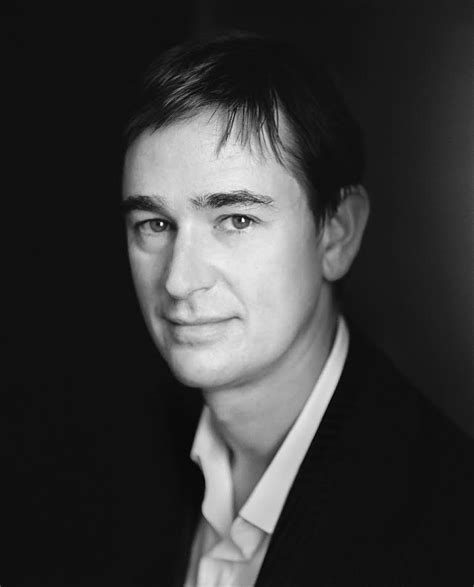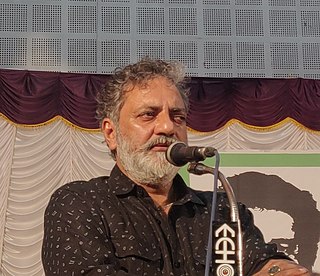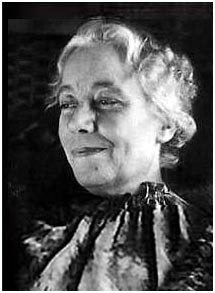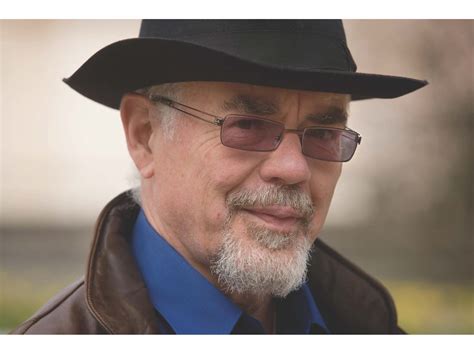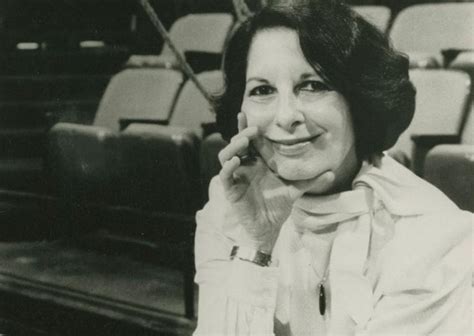A Quote by Robert Motherwell
It may be that the deep necessity of art is the examination of self-deception.
Quote Topics
Related Quotes
What is the most fascinating kind of self-deception to me, and a kind that isn't necessarily unhealthy, is what Friedrich Nietzsche called "strategic self-deception." The kind of self-deception that you can engage in with your eyes wide open. You do it because you say, "There's things that I couldn't accomplish without this kind of self-deception."
If, after a rigid examination, it be found an imposition, it should be extensively published to the world as such; the evidences and arguments on which the imposture was detected, should be clearly and logically stated, that those who have been sincerely yet unfortunately deceived, may perceive the nature of the deception and be reclaimed, and that those who continue to publish the delusion, may be exposed and silenced.
If... deceit is fundamental to animal communication, then there must be strong selection to spot deception and this ought, in turn, to select for a degree of self-deception, rendering some facts and motives unconscious so as not to betray - by the subtle signs of self-knowledge - the deception being practiced.' Thus, 'the conventional view that natural selection favors nervous systems which produce ever more accurate images of the world must be a very naive view of mental evolution.
Art is personal, originating from dreams, ideas, neuroses; art is shared, harkening back to the humans around the fire; art imbues pleasure and power by enabling people to know reality...Art is a necessity because it is a way of knowing...Is the need for truth physiological? Art exists out of time...images may be different bu there is always a repetition- a thread.
The voice of our age seems by no means favorable to art, at all events to that kind of art to which my inquiry is directed. The course of events has given a direction to the genius of the time that threatens to remove it continually further from the ideal of art. For art has to leave reality, it has to raise itself bodily above necessity and neediness; for art is the daughter of freedom, and it requires its prescriptions and rules to be furnished by the necessity of spirits and not by that of matter.
